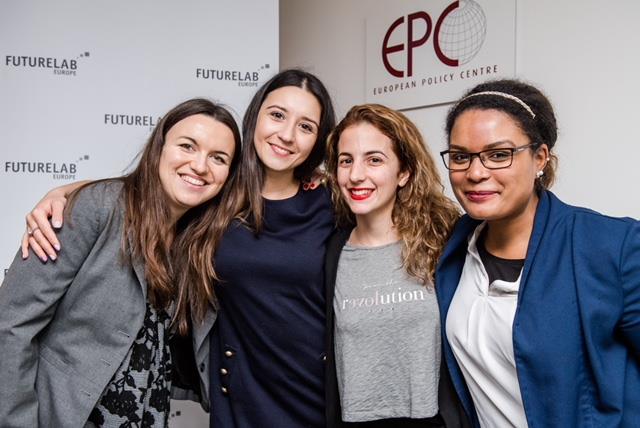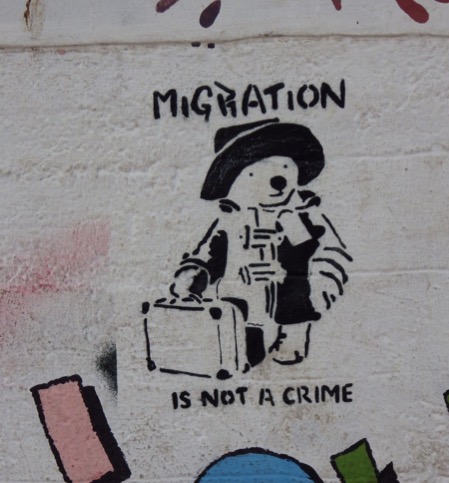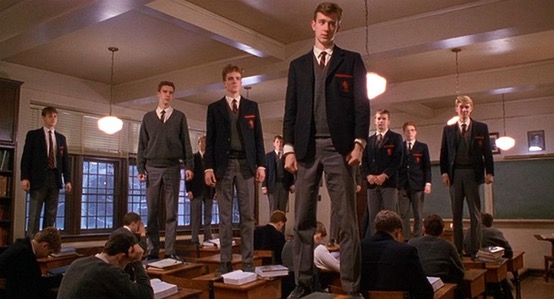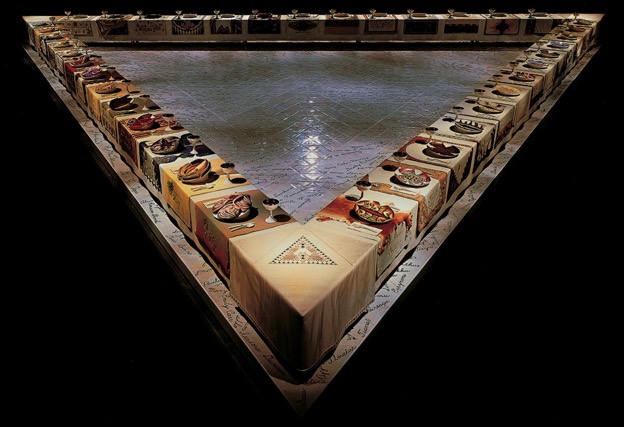
You have probably already heard that HomeTelling is famously having its book launch in Brussels next week (September 25th, European Policy Centre, 14-16 Rue de Trone, 1000 Brussels). But if you haven’t heard about it yet and wonder what all the fuzz is about, let me explain:
Imagine being born in a small German town. You live in China for a while, then Germany again. You move to Singapore after graduation, then France, the United States. German is your native tongue but you also speak Korean, the language of your ancestry. At the moment you reside in Austria. Now someone walks up to you and asks what you would call home – what do you say? Like Lena Kim many people are struggling with this complicated and yet substantial part of their identity; especially in Europe, a continent built on migration. You can imagine how this struggle may cause you to feel rootless, lacking the sense of real belonging.

It was precisely this difficulty of breaking down the experiences of a lifetime into a single home that inspired Argyri, Marija, Miriam, and Yulia to create a unique project: HomeTelling – Testimonials from Europe. The idea of this project is to “collect many different stories on what it means to feel home in Europe” as Miriam, one of the founders, describes in an interview with me. As such the project tells the stories of those who are usually unheard, it conveys the feelings, experiences, and political opinions of marginalized groups in Europe. Why? To say it with Miriam’s (sarcastic) words “because for some reason people of colour, people with disabilities or homosexuals, they also want to voice their opinions”.
But the objective of these four power women runs deeper than merely sharing stories. The ongoing rise of nationalist movements across Europe is a testament to the increasing number of people who are fed up with EU politics. In this context, HomeTelling can be seen as a new medium that uses the subtlety of storytelling to reach a large audience. Instead of preaching tolerance, the project allows for diverse personal backgrounds, experiences, and photos to do the talking. The countless interviews and photo sessions expressing these elements have truly paid off: next week HomeTelling is celebrating its book launch in Brussels! The book compiles all these incredibly diverse stories of how Europeans of literally every background imaginable tackle the issue of belonging. The skillful photography which accompanies these written testaments brings those unique experiences to life even further. As a whole, this book does not only give you invaluable insights into the personal struggles and victories of people in Europe but it also encourages you to think for yourself: What is your #HomeTelling story?

Fun fact: on 22nd there will be a public book launch in Bonn and another is planned for October, so be sure to visit the Facebook page for more details. The HomeTelling book will be available as a free e-book on the website and will be displaced in European Institutions. Furthermore, the team is planning an exhibition in 2019.
By Cindy Langer, Cofounder of the EUrArt Working Group.

 The ’Ndrangheta’s Infiltration and Threat to European Institutions
The ’Ndrangheta’s Infiltration and Threat to European Institutions  From Paper to Practice: How Grassroots Norms Undermine Gender Rights in Pakistan
From Paper to Practice: How Grassroots Norms Undermine Gender Rights in Pakistan  Exploited Childhoods: The Role of Global Corporations in Perpetuating and Mitigating Child Labour
Exploited Childhoods: The Role of Global Corporations in Perpetuating and Mitigating Child Labour  Human Rights Challenges in Addressing SLAPPs in Media, NGOs and Journalism in the EU
Human Rights Challenges in Addressing SLAPPs in Media, NGOs and Journalism in the EU 


